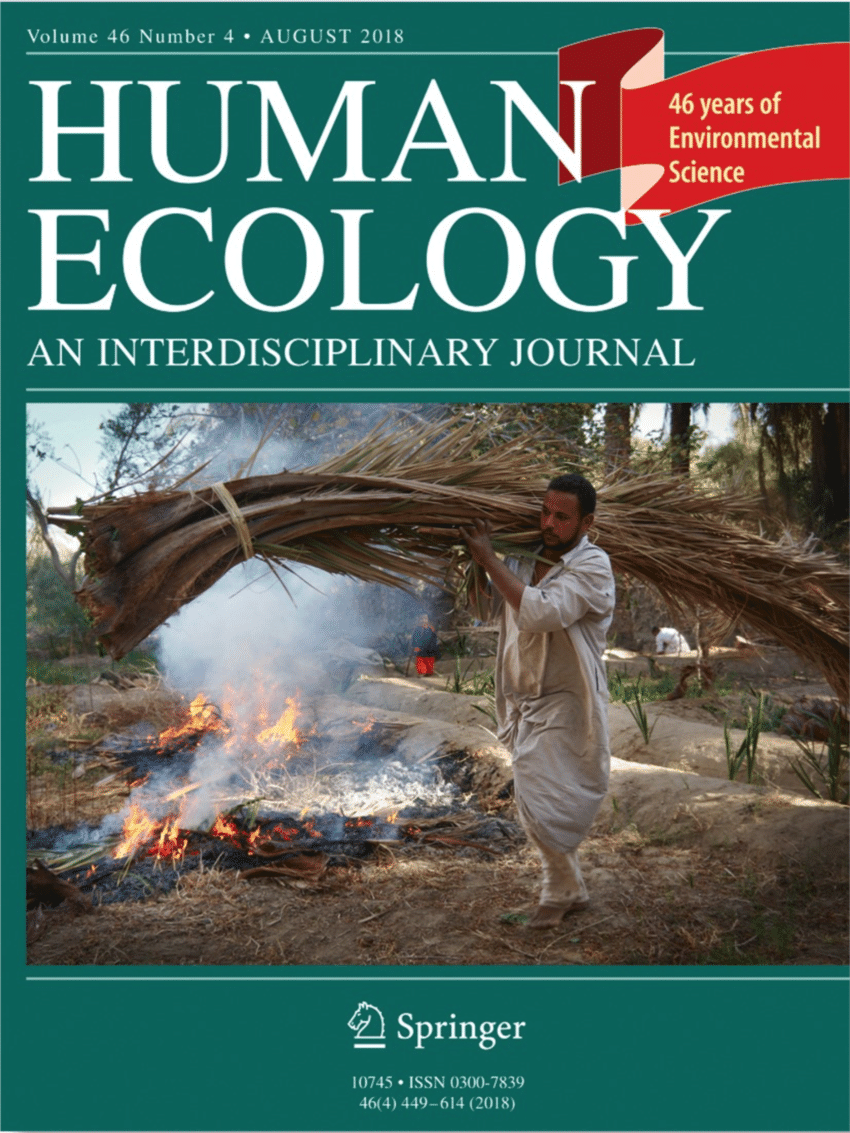The contribution of Indigenous and local knowledge (ILK) to natural resource management has recently gained increasing prominence in academia, policymaking, and civil society. However, persistent knowledge gaps concerning the contribution of ILK to sustainable landscape management remain. We investigate existing local knowledge and practices of the Tonga of Kalomo District, Zambia, and their contribution to sustainable landscape management by combining walking interviews with photovoice. Especially Tonga women and youth are important knowledge holders for land management, agricultural practices, and tree conservation. We found that local knowledge is often ‘hybridised’ with ‘external knowledge’ when local knowledge alone is deemed insufficient. In some cases, introduced ‘external knowledges’ are simply reconstituted long-standing local practices. Nevertheless, local communities often perceive external knowledge holders as “knowing better.” Finally, we show how local knowledge and associated practices have been simultaneously eroded and lost and describe those that have remained resilient to provide insights into the complexity of hybridisation processes where different knowledge systems interact.
DOI:
https://doi.org/10.1007/s10745-024-00545-x
Skor altmetrik:
Jumlah Kutipan Dimensi:

Tahun publikasi
2024
Penulis
Yanou, M.P.; Ros-Tonen, M.A.F.; Reed, J.; Nakwenda, S.; Sunderland, T.C.H.
Bahasa
English
Kata kunci
indigenous people, indigenous knowledge, natural resource management, landscape conservation, local community, community involvement, hybridization, land management
Geografis
Zambia

















